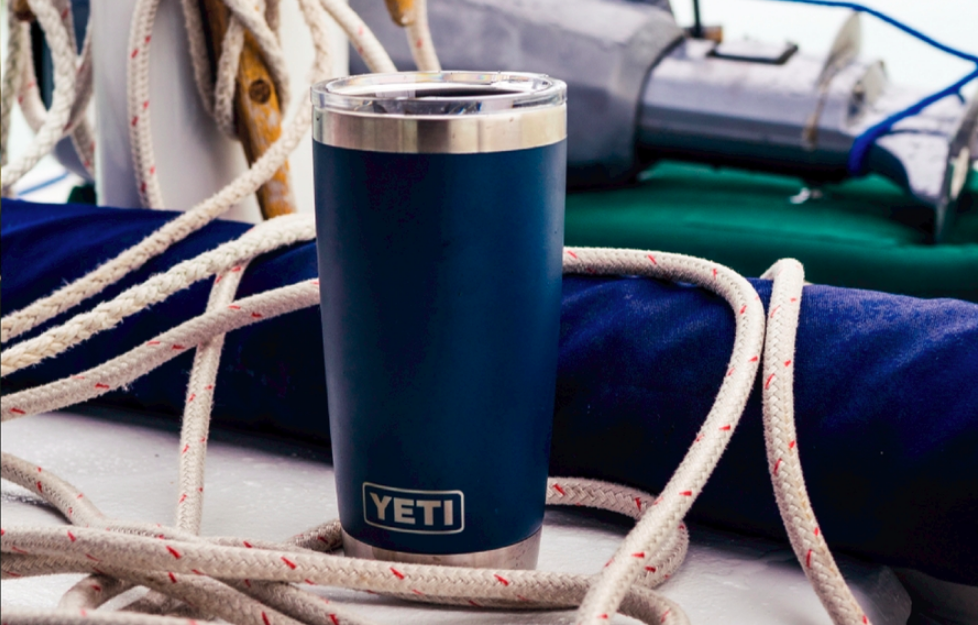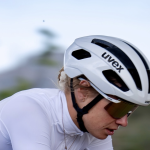Yeti Holdings Inc.’s initial public offering values the company at $1.7 billion, according to an updated filing with the Securities & Exchange Commission. The high-end cooler maker is selling 2.5 million shares, and current shareholders are selling 17.5 million shares.
The projected price of the offering ranges from $19.00 to $21.00 per share.
After the offering, Yeti will have 83.6 million shares
Yeti estimated that it will receive net proceeds of $41.5 millionafter deducting estimated underwriting discounts and commissions and estimated offering expenses based upon an assumed IPO price of $20.00 per share, the mid-point of the projected offering range. Proceeds will be used to repay $41.5 million of borrowings.
Selling shareholders include Cortec Group Management Services LLC., which plans to sell 13.3 million shares. After the offering, Cortec will own 43.0 million shares, or a 51.4 percent stake.
Yeti was founded in 2006 by brothers Roy and Ryan Seiders who broke out with coolers for the luxury outdoor market rather than for mass discount retailers. In 2012, they sold majority ownership in Yeti to Cortec.
Roy Seiders will sell 710,339 shares. After the offering, he will own 8.38 million, or 10 percent of Yeti’s shares. Ryan Seiders plans to sell 1.6 million shares. He will own 7.3 million shares, or 8.7 percent of the stock, after the offering.
YHI CG Group Investors LLC will sell 750,239 shares, reducing its shares to 2.4 million, or a 2.9 percent stake. A number of smaller stockholders are also selling.
Underwriters will have a 30-day option to purchase up to 3 million additional shares of our common stock from the selling stockholders.
Yeti previously filed to go public in July 2016, but officially withdrew its initial filing in March of this year before re-filing an updated IPO on October 1. The re-filed prospectus didn’t reveal the amount of shares to be sold, shares being sold by the company versus selling shareholders as well as projected offering price.
The company never provided a reason for postponing its first offering, but the new prospectus showed that the company saw a sharp slowdown in business that began in the second half of 2016.
The slowdown was in part blamed on aggressive buys in 2016 following shortages in 2015 that led to excess inventory in the wholesale channel and drove many of the company’s retail partners to reduce purchases in the first half of 2017. As a result, revenues in 2017 dropped 21.9 percent to $639.2 million.
The weakness was also blamed on retail bankruptcies in the sporting goods and outdoor space, the delayed merger of Bass Pro and Cabela’s and the repercussions of counterfeit lawsuits.
The new prospectus shows that the business has turned around with sales ahead 35 percent in the first six months of this year on healthy profitability gains. The improvement was attributed to efforts to re-balance inventories, expansion into new categories and direct-to-consumer channels, the culling of approximately 1,100 underperforming retailers and increased engagement with Dick’s Sporting Goods.
When it first filed its IPO in September 2016, the Wall Street Journal reported that the heavy-duty cooler and insulated drinkware company was seeking a $5 billion valuation.
Yeti plans to list on the New York Stock Exchange under the ticker “Yeti.” Bank of America Merrill Lynch, Morgan Stanley, Jefferies, Baird, Piper Jaffray Cos, Citi and Golden Sachs are underwriting the deal.
Photo courtesy Yeti
















